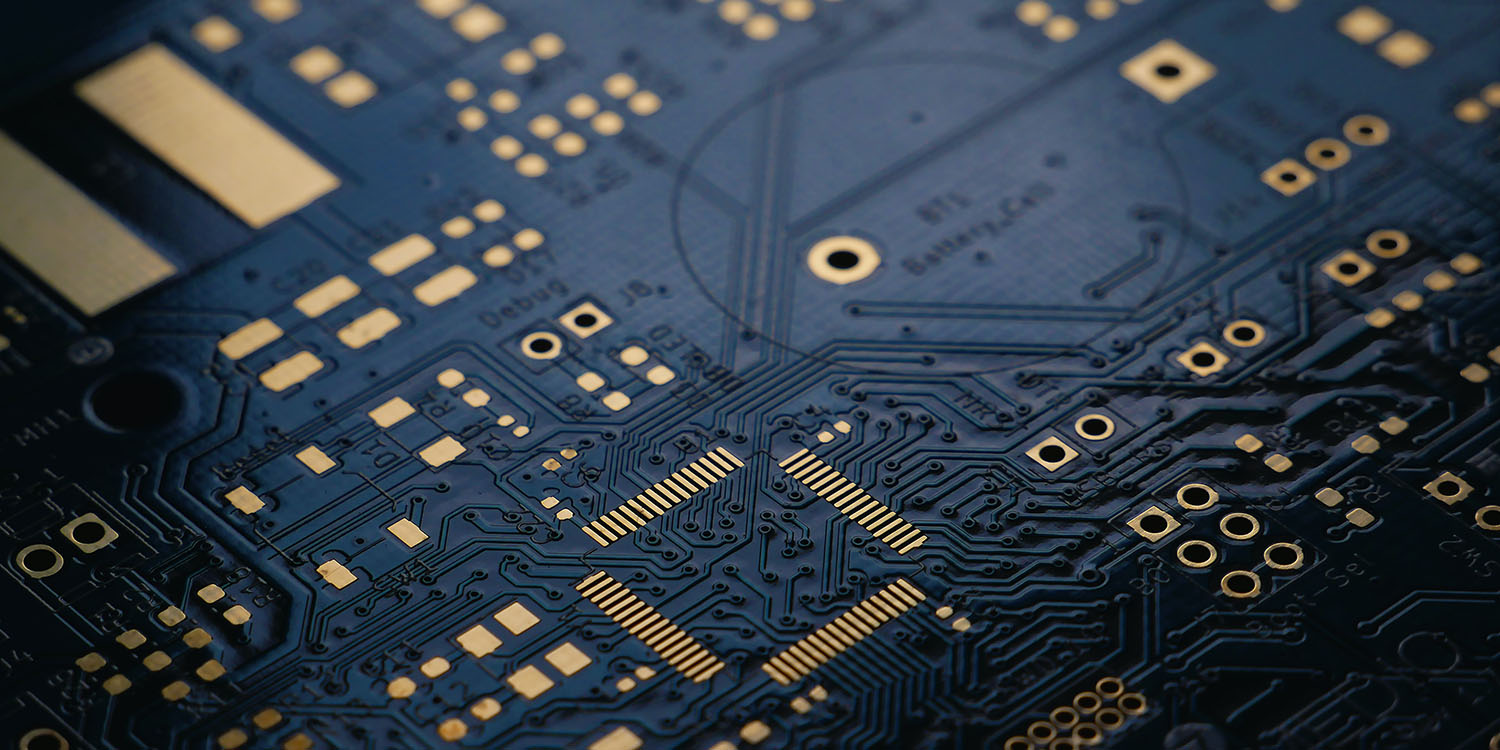
There have been conflicting reports in the chip industry on when we might expect an end to the global chip shortage, but Apple chipmaker TSMC says that isn’t going to happen any time soon.
The growing number of low-end chips used in everything from smartphones and cars means that production can be held up by a lack of mundane chips costing as little as 50 cents …
Chip shortage primer
We’ve previously summarized this problem.
The global chip shortage was created by a mix of factors. These include increased demand for technology during the pandemic, COVID-19-related production disruption, and a growing demand for chips by car makers, as cars rely on increasing numbers of microprocessor units.
The biggest issue is not with CPUs and GPUs, but far more mundane chips like display drivers and power management systems. These relatively low-tech chips are used in a huge number of devices, including Apple ones.
Apple CEO Tim Cook revealed that supply constraints cost Apple $6B in two quarters, and warned that the hit could be as high as $8B.
A recent report says that there have been shortages across seven chip categories, and that four of them will continue to be affected throughout 2022.
Chip industry still struggling with vital low-end chips
Bloomberg reports that while TSMC may be best known for making Apple’s extremely intricate A-Series and M-Series chips, the company is struggling to meet demand for low-end ones.
An endemic shortage of chips costing anywhere from 50 cents to $10 is slowing down swathes of the $600 billion semiconductor industry, Taiwan Semiconductor Manufacturing Co.’s top executive warned Tuesday.
The persistent deficit of such low-end chips is holding up production in key segments of the supply chain, Chief Executive Officer C. C. Wei told attendees at a tech symposium […]
The world’s largest contract chipmaker can no longer meet demand for low-end chips at legacy factories, and it is building new plants, Wei said, suggesting that even mature chips may cost more in the months ahead […]
Shortages are showing up as a result of automakers adding more features to cars and increasing the silicon used by 15% every year, while smartphones now require two to three times the number of power management chips they did five years ago, Wei said.
We reported earlier this year that chips for chipmaking machines are affected by the chip shortage.
One of the catch-22s of the global component shortage is that chips for chipmaking machines are one of the items in short supply, say execs from Intel and Apple chipmaker TSMC.
Buying new chipmaking machines was never a speedy process, given their complexity and delicacy, but lead times before the pandemic were measured in months. Now, say chipmakers, that time can be as long as 2-3 years.
TSMC says this is still the case today.
ASML Holding NV of the Netherlands is struggling to obtain $10 chips for its extreme ultraviolet lithography systems, or EUVs, Wei said. TSMC has dozens of the machines, which are critical for packing more power onto smaller slivers of silicon.
We noted earlier that just 80 chips can enable the production of 320,000 of those same chips each year.
CHIPS Act may help with US production
The passage of the CHIPS and Science Act may help US production, by offering subsidies for fabrication within the United States.
It allows qualifying companies to claim around 30% of the total cost of building a new facility.
Apple was one of the companies that lobbied for the act, and TSMC said that it was vital to its plans for a chipmaking plant in Arizona.
Photo: Vishnu Mohanan/Unsplash
FTC: We use income earning auto affiliate links. More.





Comments